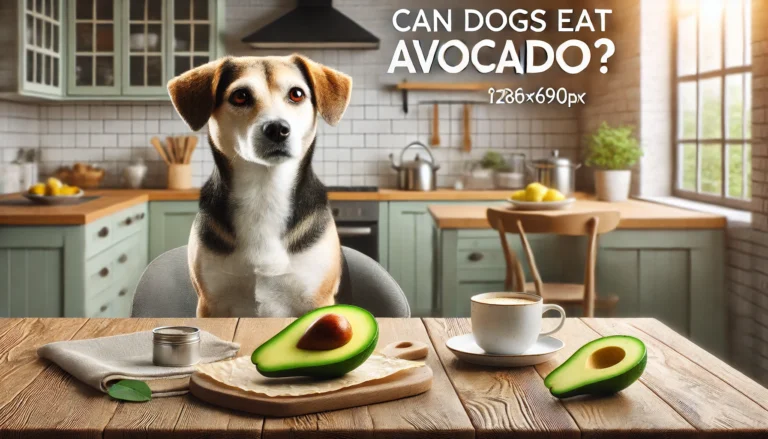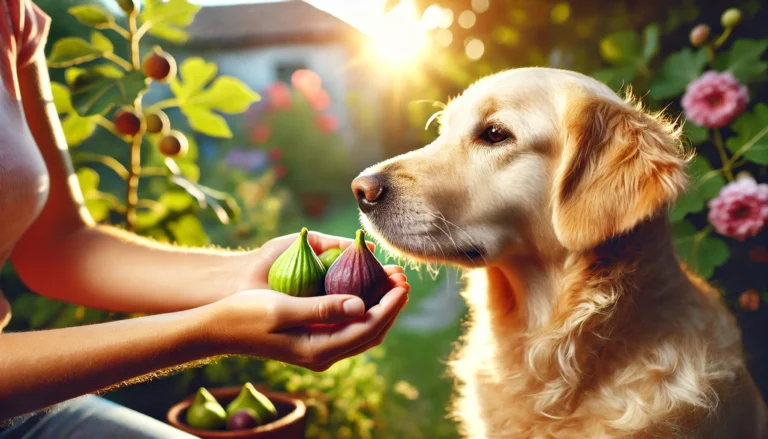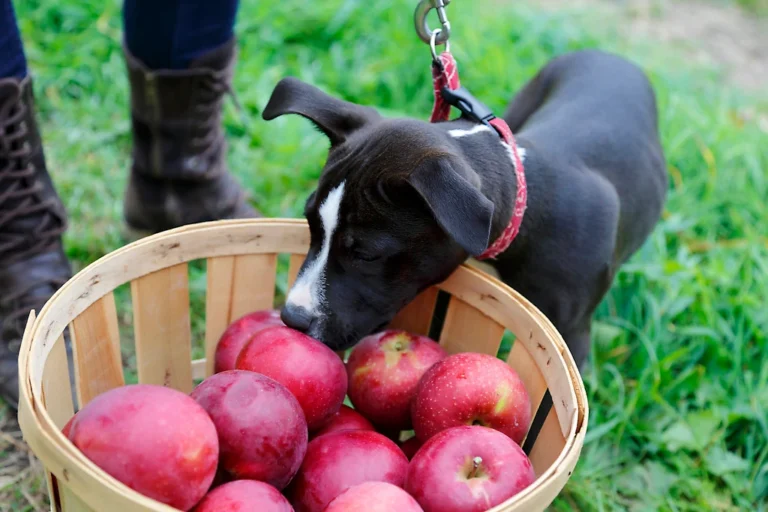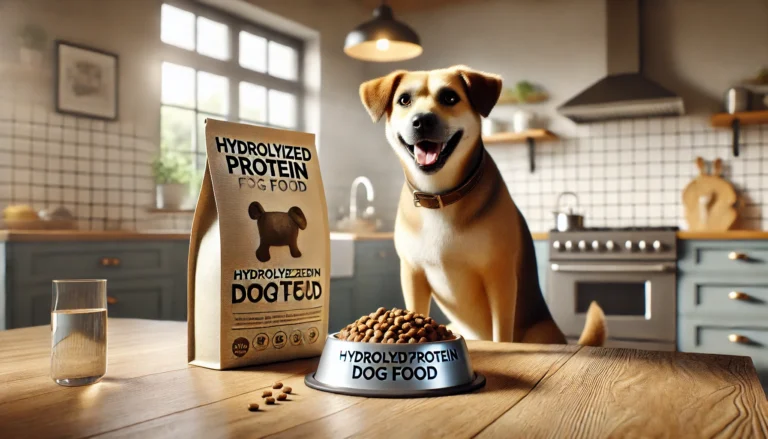can dogs eat mushrooms? Some Amazing Facts on the mushrooms
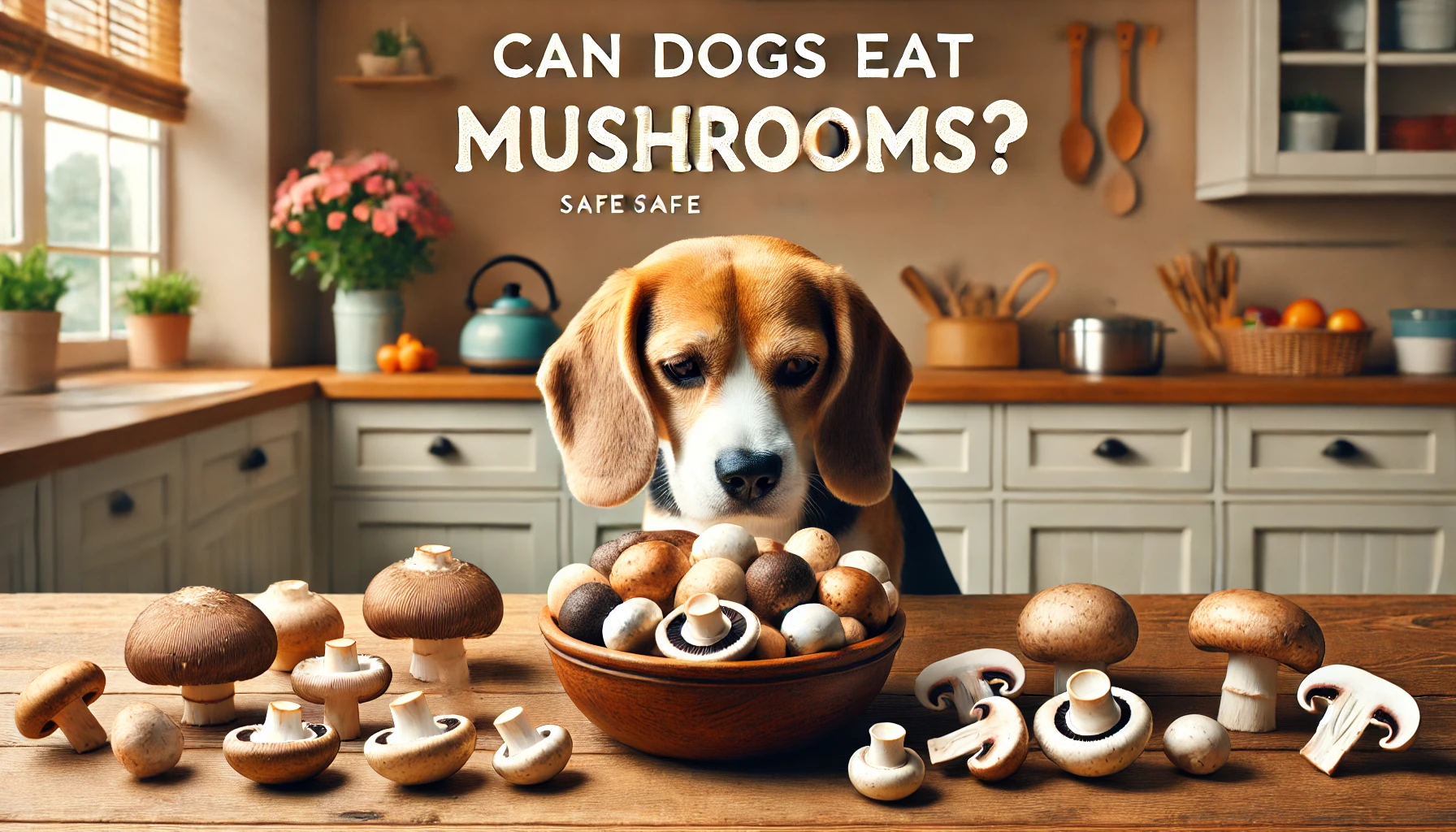
Know that can dogs eat mushrooms?
When it comes to sharing our meals with our furry friends, many pet owners often ask, “Can dogs eat mushrooms?” This seemingly simple question requires a nuanced understanding of which mushrooms are safe and which are potentially deadly. This extensive guide will delve into the types of mushrooms that are safe for dogs, the dangers of wild mushrooms, and how to safely incorporate certain mushrooms into your dog’s diet.

The Basics: What Are Mushrooms?
Mushrooms are a type of fungi that come in thousands of different species, only a handful of which are actually safe and edible for humans—and even fewer are safe for dogs. They range from commonly consumed white button mushrooms to exotic varieties like shiitake or portobello. However, when considering mushrooms for dogs, it’s crucial to differentiate between those that are store-bought and those that are found in the wild.
Safe Mushrooms for Dogs
Can dogs have mushrooms that we commonly eat? Yes, dogs can safely eat certain types of store-bought mushrooms, specifically:
- White Button Mushrooms
- Cremini Mushrooms
- Portobello Mushrooms
These mushrooms are non-toxic to dogs and can be a healthy addition to their diet when cooked plainly, without added fats or seasonings like garlic and onions, which can be harmful to dogs. However, moderation is key, as even these safe mushrooms can cause gastrointestinal upset if consumed in large quantities.
Toxic Mushrooms and Dogs
The real danger lies in wild mushrooms. Over 99% of mushrooms have little or no toxicity, but the 1% that are highly toxic can cause life-threatening problems in pets. Some of the most dangerous mushrooms include those from the Amanita species, such as:
- Amanita phalloides (Death Cap)
- Amanita muscaria (Fly Agaric)
These mushrooms can cause severe symptoms like vomiting, diarrhea, seizures, liver failure, and even death. Dogs often eat these mushrooms because of their fishy odor. If you suspect your dog has ingested a wild mushroom, immediate veterinary attention is necessary.
Symptoms of Mushroom Poisoning in Dogs
Signs that your dog may have eaten toxic mushrooms include:
- Vomiting and diarrhea
- Abdominal pain
- Weakness
- Jaundice
- Seizures
- Coma
Symptoms can appear as soon as 15 minutes after ingestion or can be delayed up to several hours. Given the rapid progression of symptoms, identifying mushroom poisoning early can be the key to saving a pet’s life.
Incorporating Mushrooms into Your Dog’s Diet
If you decide to feed your dog mushrooms, here are a few tips to ensure safety:
- Choose the right mushrooms: Only feed your dog mushrooms that are known to be non-toxic and have been purchased from reliable sources like grocery stores.
- Cook them properly: Raw mushrooms can contain harmful pathogens, so it is always best to cook them thoroughly before offering them to your dog.
- Avoid seasonings: Do not cook mushrooms with any ingredients that are toxic to dogs, such as onions, garlic, or excessive salt.
Frequently Asked Questions
- Can dogs eat cooked mushrooms? Yes, dogs can eat mushrooms that are cooked simply without harmful additives.
- Are mushrooms good for dogs? In moderation, certain types of mushrooms can be good for dogs, providing fiber and vitamins.
- Can dogs eat raw mushrooms? It’s best to avoid feeding raw mushrooms to dogs, as they can be hard to digest and may contain toxins that are neutralized through cooking.
- Can dogs eat mushroom stems? Yes, if the mushroom is safe, the stem is also safe for dogs to consume.
- What if my dog accidentally eats a wild mushroom? If you suspect your dog has eaten a wild mushroom, contact your vet immediately. Quick action is essential.
Do you know?
Ear mites are highly contagious among pets. Transmission occurs typically through direct contact with infected animals. Dogs frequently contract ear mites from other dogs, cats, or wildlife. Environments like kennels, shelters, or parks are hotspots for mite transmission.
Conclusion
In conclusion, while dogs can eat certain types of mushrooms, such as those commonly found in grocery stores, wild mushrooms pose a significant risk. Always exercise caution, supervise your dog’s foraging habits, especially in areas where wild mushrooms grow, and consult with a veterinarian if you’re considering adding any new food items to your dog’s diet. By understanding which mushrooms are safe and which are not, you can help ensure your dog enjoys a healthy life free from the dangers of mushroom poisoning.
Are mushrooms safe for dogs to eat?
Yes, certain types of mushrooms are safe for dogs to eat. Store-bought mushrooms such as white button, cremini, and portobello can be safely consumed by dogs if they are cooked without any harmful additives. However, wild mushrooms should be avoided due to the risk of toxicity.
Is cooked mushroom good for dogs?
Cooked mushrooms can be good for dogs as long as they are plain and free from any additives like onions, garlic, or excessive salt. Mushrooms can provide minerals and vitamins that may benefit your dog’s health.
Which mushrooms are good for dogs?
The safest mushrooms for dogs are those that are commonly consumed by humans and available in grocery stores, such as white button, cremini, and portobello mushrooms. Always ensure they are thoroughly cooked and unseasoned.
Can dogs eat mushrooms from a jar?
Mushrooms from a jar are typically pickled or marinated and often contain ingredients that are not safe for dogs, such as onions, garlic, and spices. It’s best to avoid giving jarred mushrooms to dogs.
What if my dog ate a piece of mushroom?
If your dog eats a piece of mushroom and you know it’s a safe variety (like those bought at grocery stores and cooked plain), it’s usually not a cause for concern. However, if your dog consumes a wild mushroom or one from an unknown source, you should contact your veterinarian immediately.
Can dogs have garlic?
No, garlic is toxic to dogs. It belongs to the Allium family (which also includes onions, chives, and leeks), all of which are harmful to dogs in any form, whether raw, cooked, or powdered.
Can a dog eat honey?
Yes, dogs can eat honey in small amounts. It can be used to sweeten homemade dog treats and has some health benefits such as containing small amounts of pollen, which can help build immunity to allergies.
Can dogs eat apples?
Yes, apples are safe for dogs to eat in moderation. They provide a good source of vitamins A and C, as well as fiber. Make sure to remove the seeds and core before feeding them to your dog, as the seeds contain cyanide which is harmful in larger quantities.
Is onion toxic to dogs
Yes, onions are highly toxic to dogs. Eating onions can cause a condition called hemolytic anemia, which can be fatal. Even small amounts can be dangerous, so it’s best to avoid feeding your dog onions entirely.
Can dogs eat eggs?
Yes, dogs can safely eat cooked eggs. Eggs are a great source of protein, fatty acids, and vitamins. They can help settle upset stomachs and are very nutritious for dogs. However, they should be cooked without oil or seasoning.

